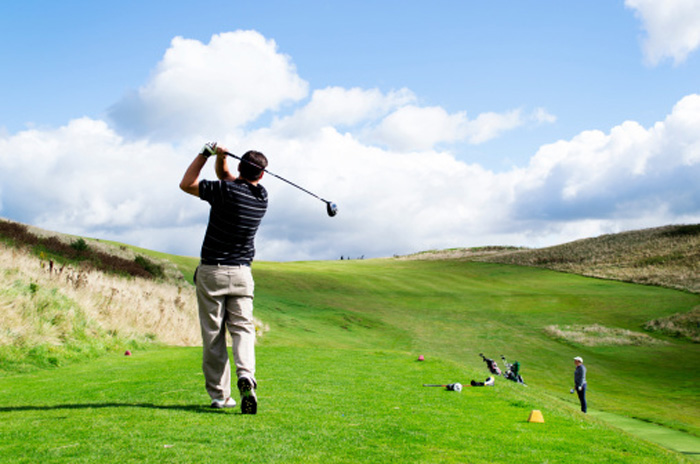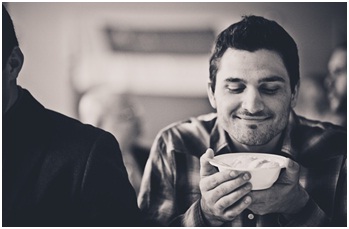“Don’t ever try to tell me golf is not 99.9 percent a mental game,” wrote Jack Nicklaus in his 1998 autobiography, My Story. It’s an awkward quote, to be sure, but the message is clear: For a golfer to play to his potential, he needs to focus on developing his mental game. Which is why I find it curious that recreational golfers won’t hesitate to spend thousands of dollars on lessons in an effort to improve their swing, yet they completely ignore the mental aspect of the sport.
The behavior of professional golfers is telling. In addition to swing coaches and caddies, PGA Tour players employ sports psychologists and hypnotherapists to help them get the most out of their physical abilities. The good news is that you can take advantage of many of same techniques utilized by pros like Tiger Woods — including hypnosis. It can be the one piece of the puzzle that you never thought you’d have.
What is Hypnosis?
In a nutshell, hypnosis is a natural, yet altered, state of mind marked by a high degree of suggestibility where communication with the subconscious mind is enabled. Forget the picture you have in your mind of a swinging pocket watch. That’s Hollywood. As I note on my frequently asked questions page, during hypnosis “you are relaxed, receptive, and responsive. You are fully aware of what is happening, are extremely alert, and will remember the whole session … . And you can never be hypnotized to do something against your will.”
In fact, many people go into hypnosis several times a day — when watching television, reading, or daydreaming, for instance — when their consciousness shifts to, say, the book they are reading, as opposed to the physical place where they are sitting. Similarly, while you’re hypnotized you can answer questions and engage, yet you’re in an extremely relaxed state of mind.
What to Expect From a Hypnotherapy Session
The first step is a complimentary phone consult, where I learn more about the client’s needs and answer any questions they have regarding hypnosis and my practice. Then, in the first session I delve into the issue(s) and answer any further questions, to make certain the client is fully comfortable and ready to enter a hypnotic state.
While I customize sessions based on a client’s individual needs, golfers commonly seek to improve their concentration and their ability to remain calm and relaxed under pressure. Tiger Woods, who began training with psychologist and hypnotist, Dr. Jay Brunza, when he was 13 years old, has said that thanks to his early experiences with hypnotherapy, “The more intense the situation gets the calmer I feel [and] the more things slow down.”
Of course, the stakes aren’t as high for recreational golfers, but frustration levels can still be off the charts. Consider my client John T. of Mt. Pleasant, SC, who dreamed of having more time to play golf in retirement but suddenly found himself unable to translate his skills from the driving range to the course. “It got so bad that I was about to give up playing altogether,” he recalls, before noting that just a few sessions allowed him to not only turn his game around – but win. “I have to say the winning is great, but what is even better is that I didn’t have to give up the thing I love most,” he says.
If you’re frustrated with your golf game or simply want to play to your potential, call me at 843-252-0573 or visit TrueHypnosis.com. My office is conveniently located in the Maritime Building in downtown Charleston.




